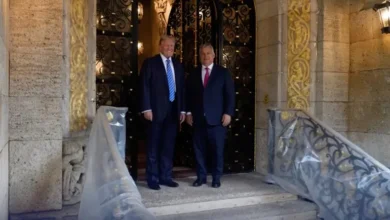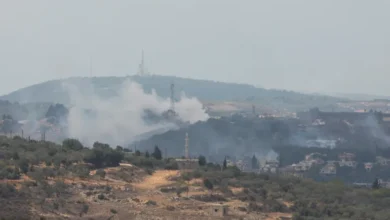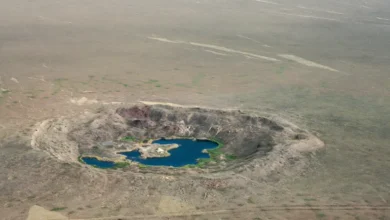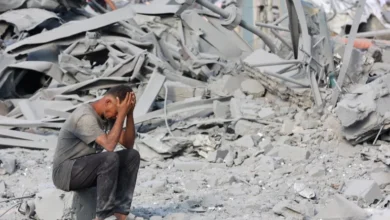Israel is not interested in peace
Belén Fernández
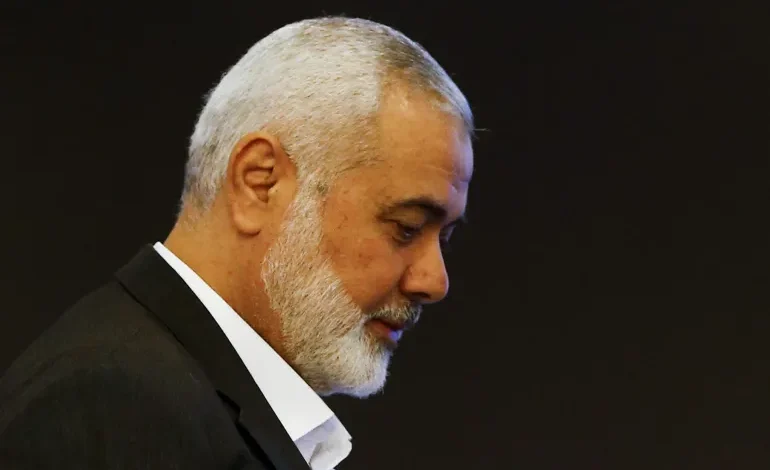
Just when you thought the situation in the Middle East couldn’t get any more incendiary, the assassination of Hamas’s political chief Ismail Haniyeh has propelled regional tensions to a whole new level of bad.
Haniyeh was killed in a strike late on Tuesday in Tehran, the capital of Iran, where he had attended the inauguration ceremony of Iranian President Masoud Pezeshkian. The assassination is without doubt the handiwork of – who else? – the state of Israel, although the Israeli government seems to have adopted a “no comment” policy for the moment.
One Israeli official, Minister of Heritage Amichai Eliyahu, apparently couldn’t contain his exuberance, and took to X to proclaim: “This is the right way to clean the world of this filth … Haniyeh’s death makes the world a little better.”
In his social media post, Eliyahu also swore that there would be “no more imaginary peace/surrender agreements”, and that “the iron hand that will strike is the one that will bring peace and a little comfort and strengthen our ability to live in peace with those who desire peace”.
That’s a lot of usage of the word “peace” for folks who fundamentally don’t want, well, peace. To be sure, killing one of the main negotiators for a ceasefire deal in the Gaza Strip is a pretty good way to thwart any prospect of peace for the time being.
And what do you know? As Reuters noted in its obituary for Haniyeh, the man was “seen by many diplomats as a moderate compared with the more hardline members” of Hamas.
Anyway, it has long been Israel’s modus operandi to squelch any opportunities for so-called “moderation” in order to justify its own perennial maniacal behaviour. In a recent Al Jazeera article titled “Why does Israel step up its attacks when Gaza ceasefire talks advance?”, journalist Justin Salhani reflected on the intensification of Israel’s current genocidal assault in the Gaza Strip even as ceasefire talks were progressing.
Salhani recalled a certain relevant precedent during the second Intifada in 2002, in which the Fatah-allied Tanzim militia was reportedly “set to announce a unilateral ceasefire”. Then Israel dropped a one-tonne bomb on a Hamas leader’s Gaza City home, and that was the end of that.
Now, Israel has officially killed nearly 40,000 Palestinians in Gaza in less than 10 months, though the true death toll is assumed to be astronomically higher. So much for the “ability to live in peace”, to borrow Eliyahu’s words.
Of course, if Israeli Prime Minister Benjamin Netanyahu allows the war to end, he will have to live with a lot of things he doesn’t want to live with – like domestic opposition, corruption charges, and other stuff that’s no fun. In May, the chief prosecutor for the International Criminal Court applied for an arrest warrant for Netanyahu for alleged war crimes committed in Gaza – an eventuality that is clearly best avoided by simply continuing to commit more war crimes.




